Overview
This template provides a production‑ready JFrog Artifactory instance as a Monk runnable. You can:- Run it directly to get a managed universal artifact repository
- Inherit it in your own CI/CD infrastructure to manage binaries, containers, and packages
What this template manages
- Artifactory container (OSS, Pro, or Enterprise editions, configurable tag)
- PostgreSQL database container (for metadata storage)
- Network service on port 8082
- Persistent volumes for artifacts and database
- Web UI and REST API
- Repository management and Docker registry
- Security and access control
Quick start (run directly)
- Load templates
- Run Artifactory with defaults
- Customize credentials (recommended via inheritance)
variables. Secrets added with monk secrets add will not affect this runnable unless you inherit it and reference those secrets.
- Preferred: inherit and replace variables with
secret("...")as shown below. - Alternative: fork/clone and edit the
variablesin the manifest, thenmonk load MANIFESTand run.
http://localhost:8082 using the configured credentials.
Default credentials: admin / password (change immediately!)
Configuration
Key variables you can customize in this template:${monk-volume-path}/artifactory on the host. PostgreSQL data is stored under ${monk-volume-path}/postgres.
Use by inheritance (recommended for DevOps)
Inherit the Artifactory runnable in your DevOps infrastructure and declare a connection. Example:Ports and connectivity
- Service: Web UI/API on TCP port
8082 - From CI/CD tools, use
http://\<host>:8082for repository access - From other runnables in the same process group, use
connection-hostname("\<connection-name>")to resolve the Artifactory host.
Persistence and configuration
- Artifactory data:
${monk-volume-path}/artifactory:/var/opt/jfrog/artifactory - PostgreSQL data:
${monk-volume-path}/postgres:/var/lib/postgresql/data - You can mount additional configuration files to customize Artifactory behavior.
Features
- Universal Repository: Support for 30+ package types
- Docker Registry: Private Docker image registry
- High Availability: Clustering and replication (Pro/Enterprise)
- Security: Vulnerability scanning (Xray integration)
- Access Control: RBAC, LDAP, SSO integration
- Replication: Multi-site replication
- Build Integration: Jenkins, Bamboo, TeamCity, Azure DevOps
- REST API: Comprehensive automation API
Supported Package Types
- Containers: Docker, Helm, OCI
- Java: Maven, Gradle, Ivy, SBT
- JavaScript: npm, Bower, Yarn
- Python: PyPI, Conda
- .NET: NuGet
- .NET Core: .NET CLI
- Ruby: RubyGems
- Go: Go modules
- PHP: Composer
- Rust: Cargo
- C/C++: Conan
- And 20+ more…
Repository Types
- Local: Host internal artifacts
- Remote: Proxy external repositories (Maven Central, npm, etc.)
- Virtual: Aggregate multiple repositories
Docker Registry
Use Artifactory as Docker registry:Maven Integration
Configure Maven in~/.m2/settings.xml:
npm Integration
Use cases
Artifactory excels at:- Universal artifact management
- Private Docker registry
- Dependency caching and proxying
- Build artifact versioning
- Security and compliance
- Multi-site distribution
- CI/CD pipeline integration
Related templates
- High‑availability setup: see the Artifactory HA template for clustered deployment.
- Alternative artifact repository: see the
nexus/template for Sonatype Nexus. - Integrate with CI/CD: combine with Jenkins, GitLab CI, or GitHub Actions templates.
Troubleshooting
- Access Artifactory UI at
http://localhost:8082 - Check system health: Administration → System Health
- View logs: Administration → System Logs
- Check container logs:
- If Artifactory startup is slow, note that it requires 2-5 minutes on first launch
- If you experience memory issues, increase the
max-heap-sizevariable - If database connection fails, verify PostgreSQL is running and credentials are correct
- For Docker registry issues, ensure proper reverse proxy configuration with SSL
- Monitor disk space for artifact storage and use cleanup policies to manage it
- Ensure the host volumes are writable by the container user

